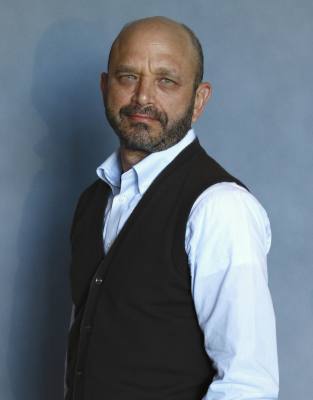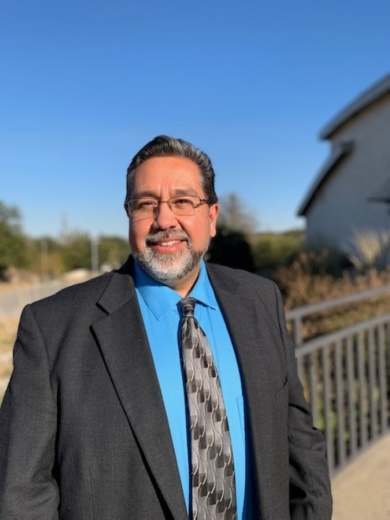Joseph Molis was hired as Lakeway’s assistant city manager in November. He leads several departments, including building and development services, information technology and facilities maintenance. Previously, Molis was the director of planning and development for the city of Harker Heights, 75 miles to the north in Bell County.
Having worked in city government in the Harker Heights-Killeen region, do you think Lakeway and Bee Cave could work together in a similar way?
I haven’t been here long enough to recognize that directly, but yes, I’ve heard of various instances where Lakeway and Bee Cave have cooperated or [have needed] to cooperate. But frankly, in my interview process, one of the things that I talked about in particular was economic development. It’s always more successful as a regional approach, and that’s the way we did that in Bell County. Lakeway, as a city, by itself, can’t be an island. It can’t generate the interest that a combined regional approach would generate. So by all means, that’s something I would recommend for the area, and I see that cooperation already exists.
There has been a great deal of interest in the city working with the Lakeway Chamber of Commerce on economic development and tourism issues. Is that a partnership you would like to pursue?
Absolutely. That is one of my goals. That is one of my approaches—to reach out to the chambers and particularly [to] the school districts. We found in Harker Heights that the school district was a very big driver of the local economy. We are going to keep growing, and the schools are going to keep increasing in numbers, so it’s going to be critical to work with them to make sure they have the resources they need.
Have you had an opportunity to sit down with City Manager Julie Oakley to talk about goals for 2021?
It is a work in process, but yes. As we’ve been going, I kind of started at the tail end of a bunch of projects that have been ongoing, and so now, we have started to look at the goals and vision and how to implement that. I’ve just now started sitting down with Julie and doing some thinking about where we are going and some of the projects we’re going to look at. Some of them are obvious, like the RM 620 expansion. You throw that rock in the water, and the ripples are going to go all over the region. So we are having to come to grips with what that’s going to look like.
Have you and the city manager set out how your duties will differ from hers?
She’s been on her own for around a year or so. Bringing me on board has given her a chance to start releasing some things to my supervision. For example, I am over the planning, development and services department, which is a pretty massive department for the city and probably dominated Julie’s time. That department is always at the front because of the cases that go before the zoning and planning commission.
You have said that you enjoy city planning because it puts you at the crossroads between the city and the citizens. Why do you enjoy it?
Because I like being a facilitator and mediator—and in my opinion, a successful planning director knows that is their primary function: to be a mediator.
What are your thoughts about how to reach out effectively to the citizens of Lakeway when it comes to emotionally charged issues, such as zoning changes, plat approvals and construction permits?
My philosophy has always been maximum transparency and maximum openness. The citizens are our clients and bosses. Unlike a business, the city’s client and its boss are the same people. So it’s really hard to make that distinction. I enjoy discussing with citizens. I enjoy getting to know them and getting to understand what motivates them. Even when someone is angry or upset, I don’t take it personally. For the most part, people just feel the need to be heard, and sometimes, listening to them defuses the situation.
What effects have the events of this year, including the coronavirus pandemic, had on the future of municipal government?
Now, we are seeing people move away from the city to kind of get more space between them and their neighbors. Now, people want privacy. People need isolation in some cases. Home offices are drastically increasing. So these are things that would be reflected in a city’s policymaking. Amenities [and] services are all going to adapt to this new reality we are dealing with.
I also see this as an opportunity. There are a lot of things that government could be doing better that a lot of actors were refusing to do. I heard from so many IT departments that it was impossible to televise or to have virtual meetings. COVID[-19] made them find ways to get it done. And those are the type of things I would push to keep going—virtual meetings, virtual councils and boards and committee meetings—[to] truly open government to people who normally didn’t access it.





